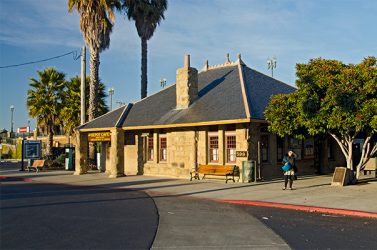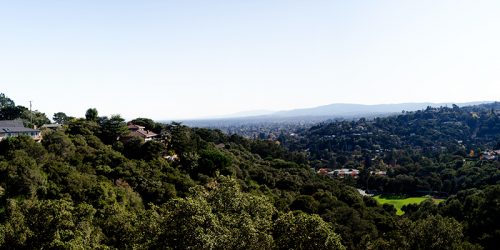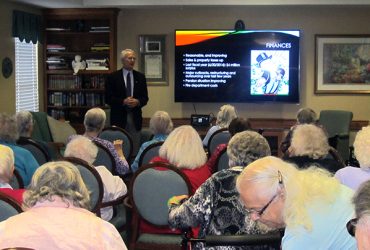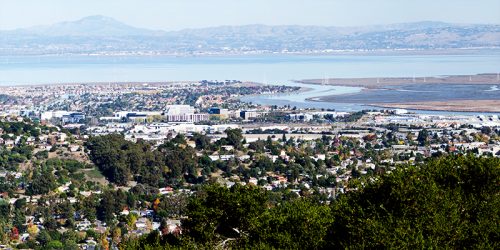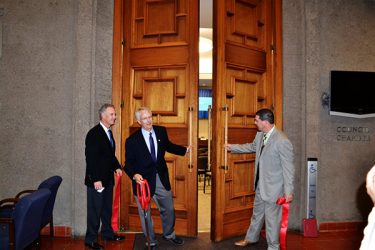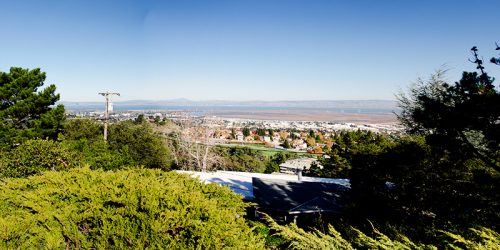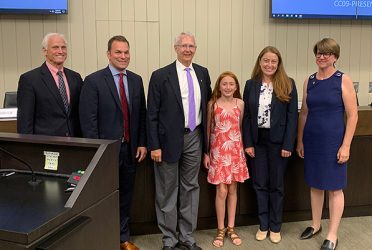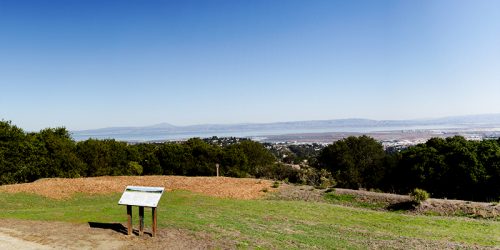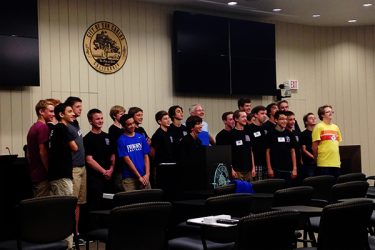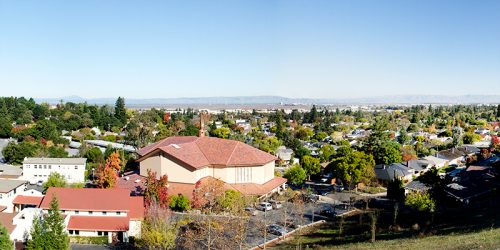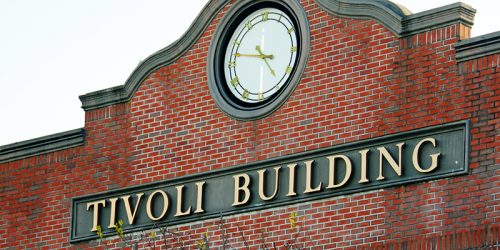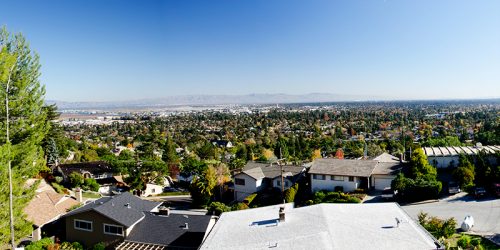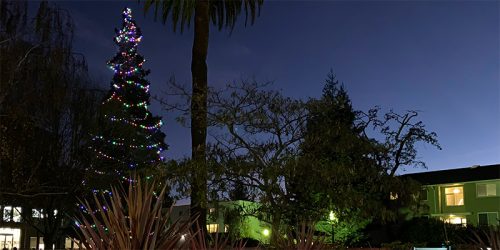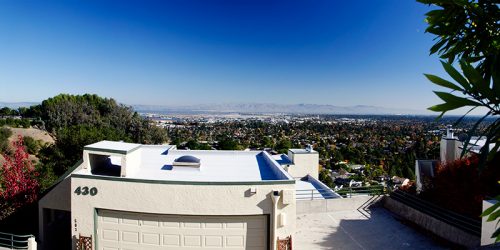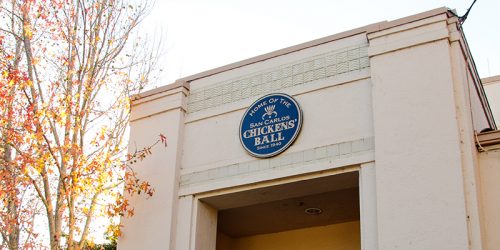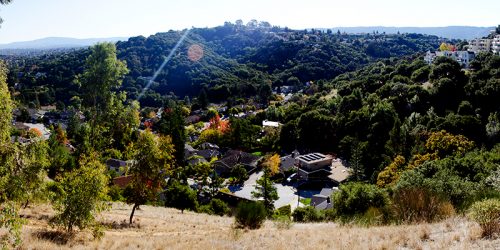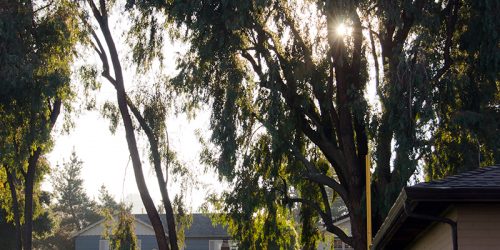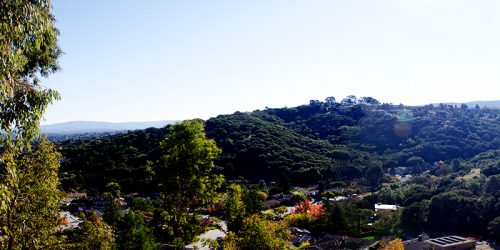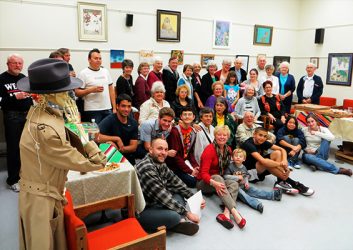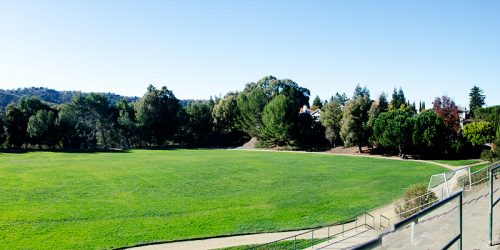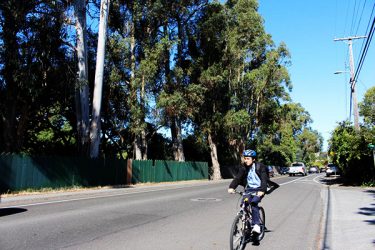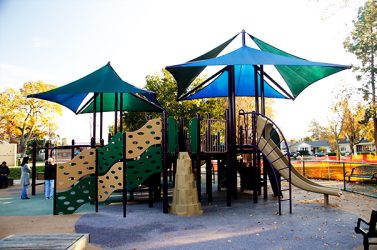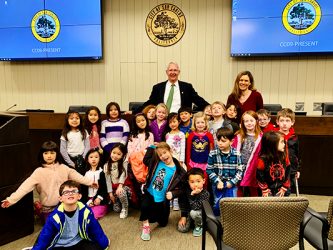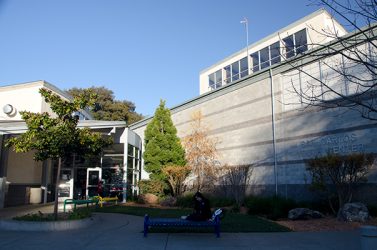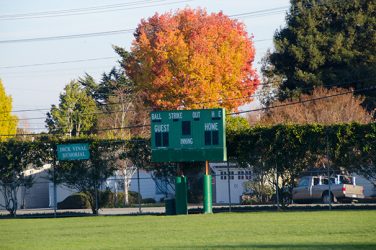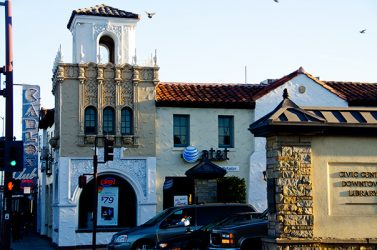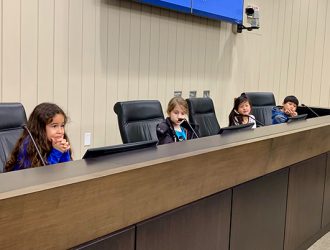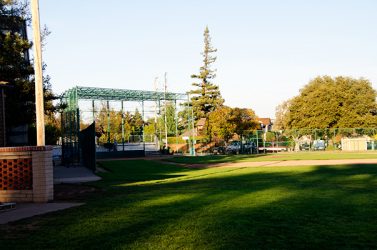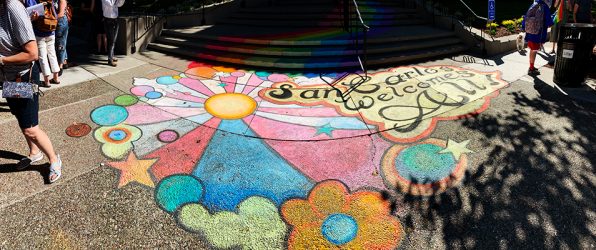This op ed was published today in the San Mateo Daily Journal.
At its last meeting the San Carlos City Council adopted a resolution supporting the Citizens Climate Lobby, a group promoting a bipartisan effort to combat climate change. If you’d like to learn more about them, check out https://citizensclimatelobby.org. It’s an interesting proposal.
The resolution marked the first time I recall the Council acting on a matter that some would argue is not a local issue.
Now, personally, I think climate change is, in fact, a very local issue. If nothing else, a good chunk of east San Carlos will likely be under water before the city’s second centennial celebration. That may sound far away. But it’s within the lifetime of the kids I see playing in Laureola Park.
But let’s assume that climate change isn’t a local issue. Why shouldn’t the Council exercise a leadership role on an important-but-not-local matter? It’s not as if the Council is busy. The last year has seen frequent jokes about setting new records for finishing meetings early. Yet clearly some of my colleagues who voted for the measure thought doing so was odd; they felt obligated to explain why they were even considering voting for it.
Some Council members argue that taking positions on “non-local” matters can harm the community, because they’re divisive. That’s certainly a possibility. But does it matter? Not all controversies are created equal. While there are San Carlans who doubt climate change is an issue, all the evidence I’ve seen shows they are in the minority. Representing the community’s majority voice would seem to be a reasonable thing for a council to do.
Besides, decisions made by political bodies are inherently divisive. That’s why those bodies exist: to air differences, seeking whatever common ground exists, but still have decisions made. There’s no way you can take a position on any but the most innocuous matter without being at odds with someone’s opinion. After all, there are nearly 30,000 points of view in San Carlos!
What’s so bad about people expressing differing points of view about matters affecting their community? Our civilization is robust; it’s not going to collapse because you and I disagree. But it very well might collapse if we don’t understand our differences, and figure out how to live with them. Because that kind of ignorance encourages brooding, and delusional paranoia, thereby disconnecting us. And when enough of us are disconnected from each other…
But that’s a big picture perspective. There’s a more pragmatic reason for a council to avoid taking positions: every time one of us votes for something some voter doesn’t agree with, we risk losing that vote. Do enough of that, and it gets hard to get re-elected.
But so what? If the community doesn’t agree with, or isn’t willing to accept, enough of the choices I make on its behalf, both it and I will be better off if I find something else to do. That’s true for any member of the Council.
We don’t allow the vast majority of public decisions to be made out of the public eye, because transparency leads to better decisions. We have a similar, but less well recognized, interest in hearing our elected officials’ views on matters that affect our community. In both cases, so we can judge them by their choices.
There need be no concern about “politicizing” what is and always was an inherently and fundamentally political body. “Stick to your knitting” may sound like a good philosophy, but the most dedicated and accomplished knitters I know would think it absurd to never do anything other than knit. It’s okay to look beyond “purely” local issues.
And who knows? Maybe if we get used to talking about our differences, we’ll re-learn both how to find common ground, and how to live alongside each other despite those differences. That would benefit us all, because the greatest periods in human history grew not out of monolithic sameness, but cross-fertilizing diversity.
